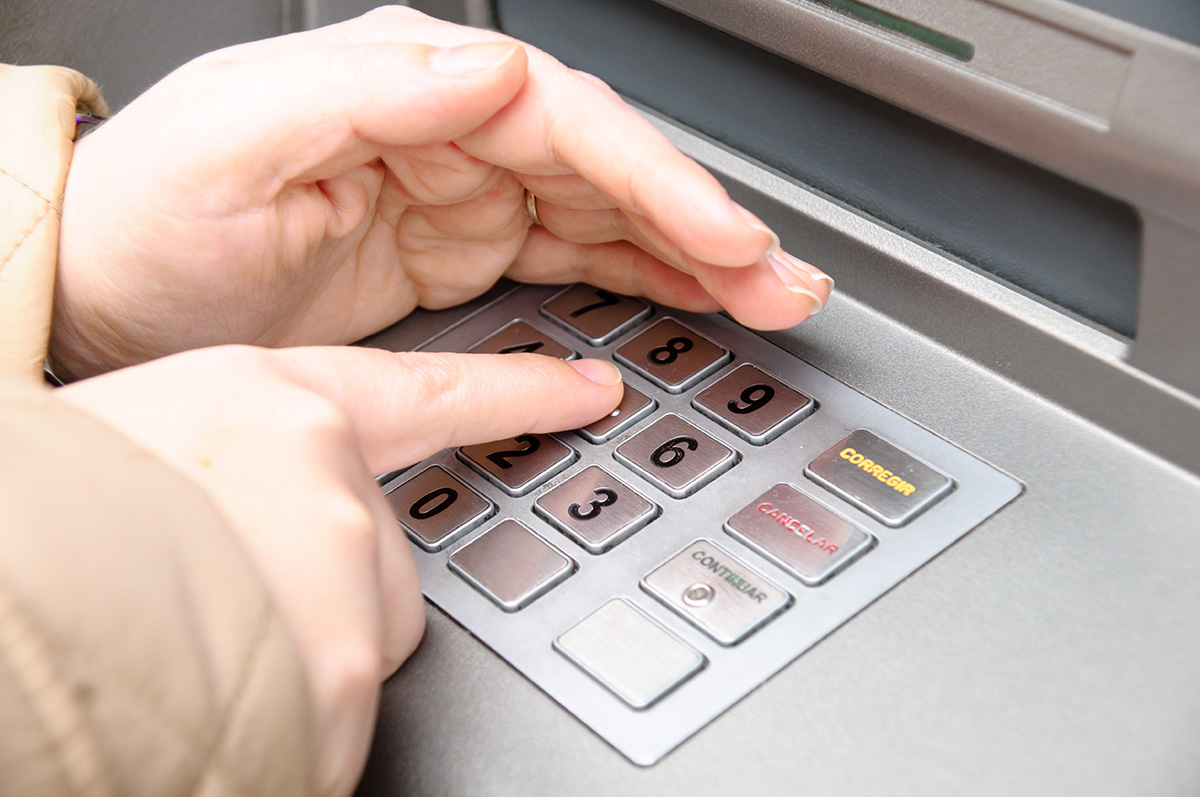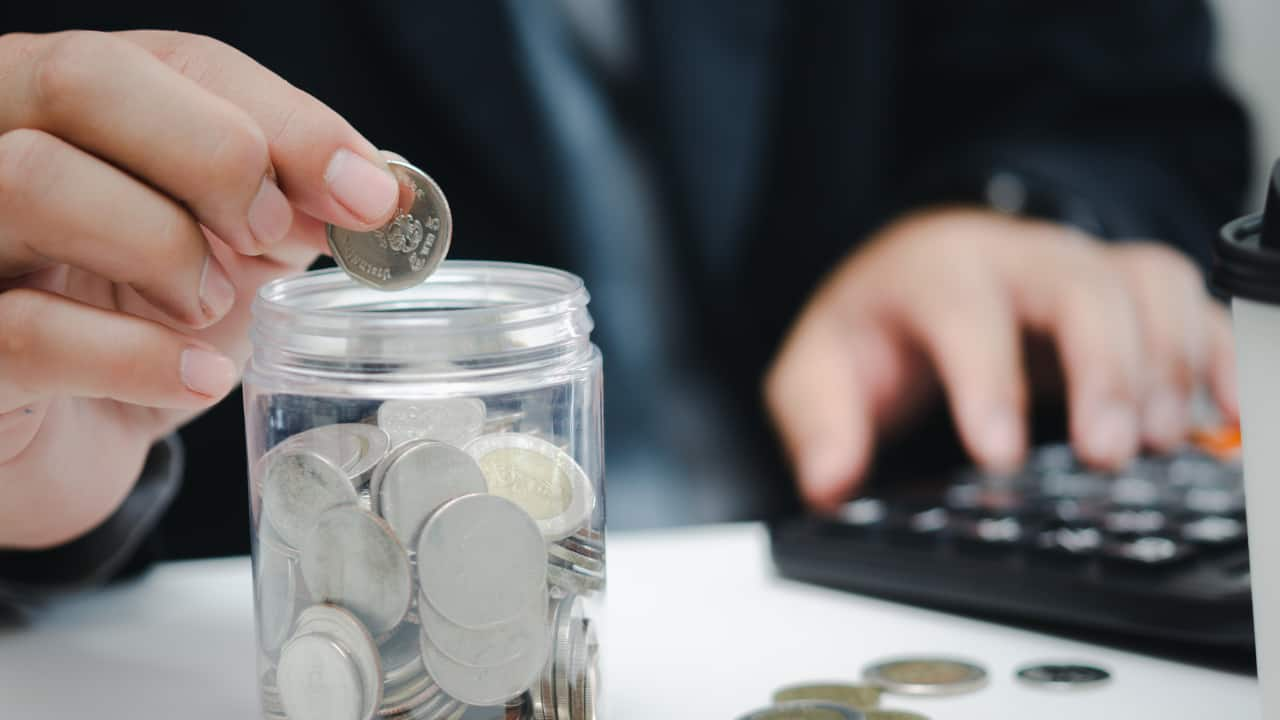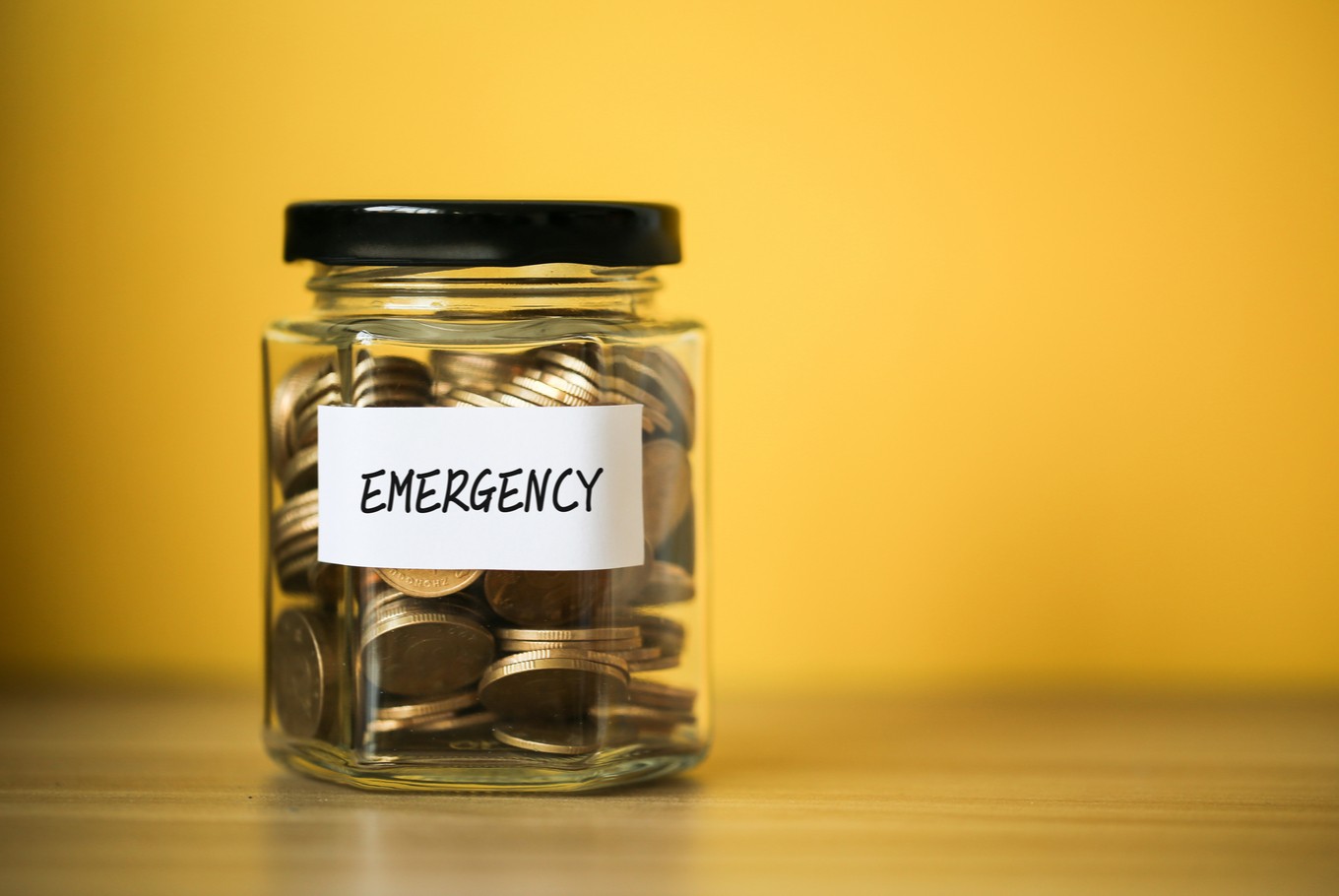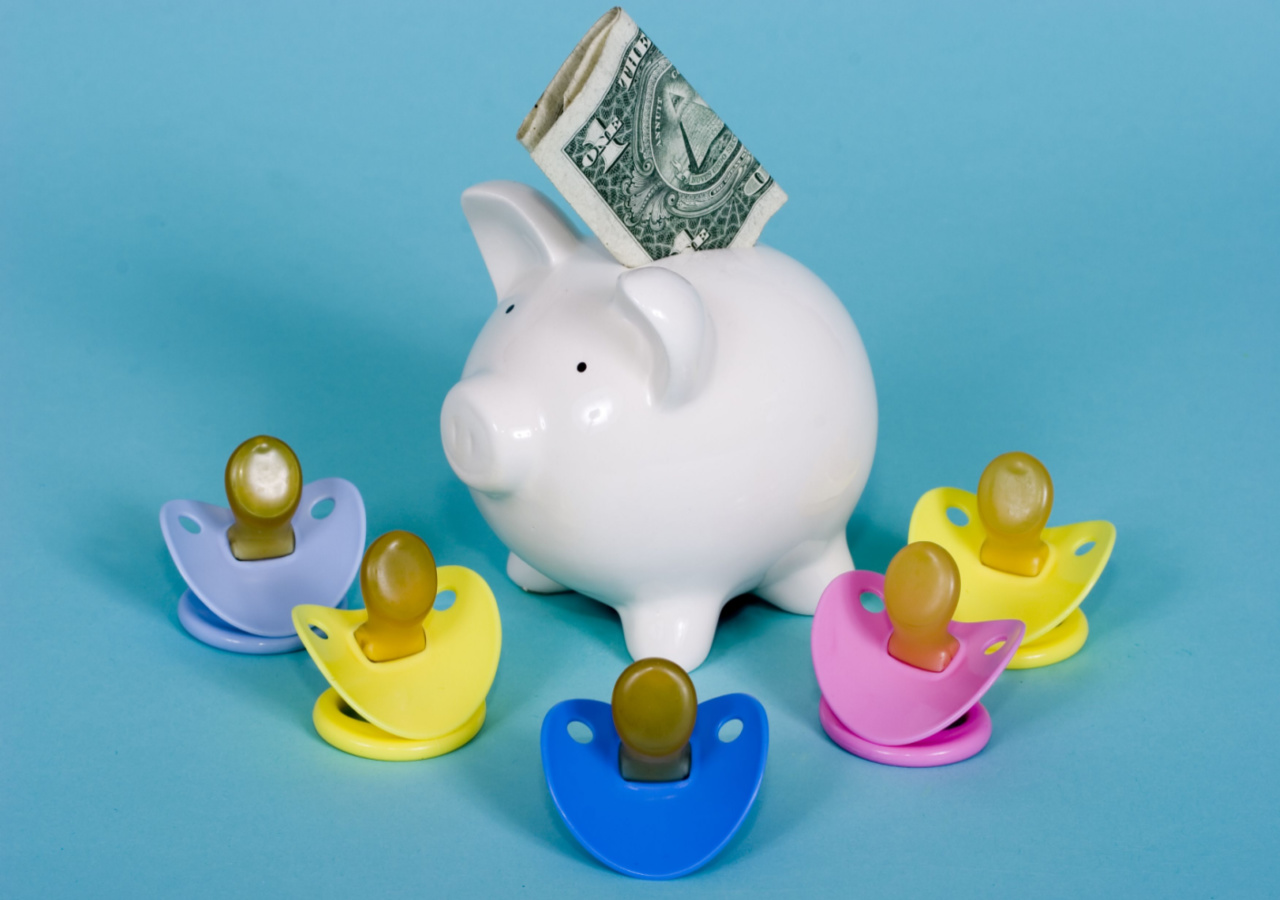Navigating Sanctions: Trump’s Gas Price Challenge
Donald Trump faces the delicate task of countering Russian aggression while shielding American consumers from soaring fuel costs.With ongoing geopolitical tensions impacting energy markets, the former president has highlighted the necessity of a firm response to Vladimir Putin's actions in Ukraine, while avoiding additional economic pressure domestically. The difficulty involves achieving equilibrium between exerting significant pressure on Moscow and preserving internal stability, especially considering the volatility of U.S. gasoline prices and the wider cost-of-living worries for countless Americans.Navigating a complex energy landscapeEnergy markets have emerged as a key arena in the relationship between the U.S. and Russia. Actions designed to…




:max_bytes(150000):strip_icc()/GettyImages-22099526461-695f119f7b254a52aee8839ff8d99daf.jpg)




